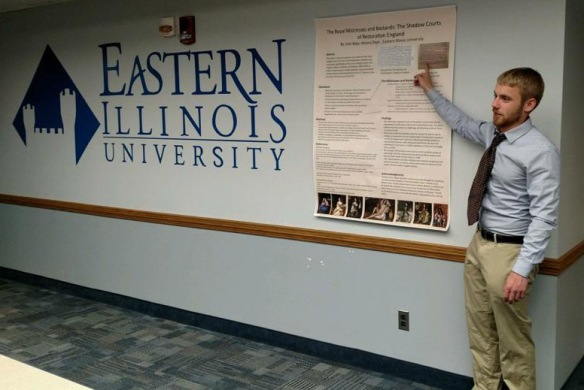Lee E. Patterson returns to Armenia once again in his latest article, titled “Antony and Armenia,” recently published in TAPA, the official journal of the Society for Classical Studies (formerly known as the American Philological Association).
The piece examines the role Armenia played in Mark Antony’s eastern activities, especially his disastrous Parthian war. It also situates Armenia in the wider politics of the Roman world that saw Antony ultimately oppose Octavian and ally with Cleopatra. Contrary to the common belief that Antony annexed Armenia as a Roman province, Patterson posits that a proper accounting of the evidence, scant though it is, and of the broader historical context argues against Antony’s intent to reduce Armenia to anything other than a client state. In an earlier publication Patterson argued against the emperor Caracalla’s annexation in the 210’s. This pattern is consistent with overall Roman policy regarding Armenia (the emperor Trajan being a notable exception), which Patterson is currently exploring in a book project. The latest issue of TAPA is available to subscribers of Project Muse and can be accessed here.


